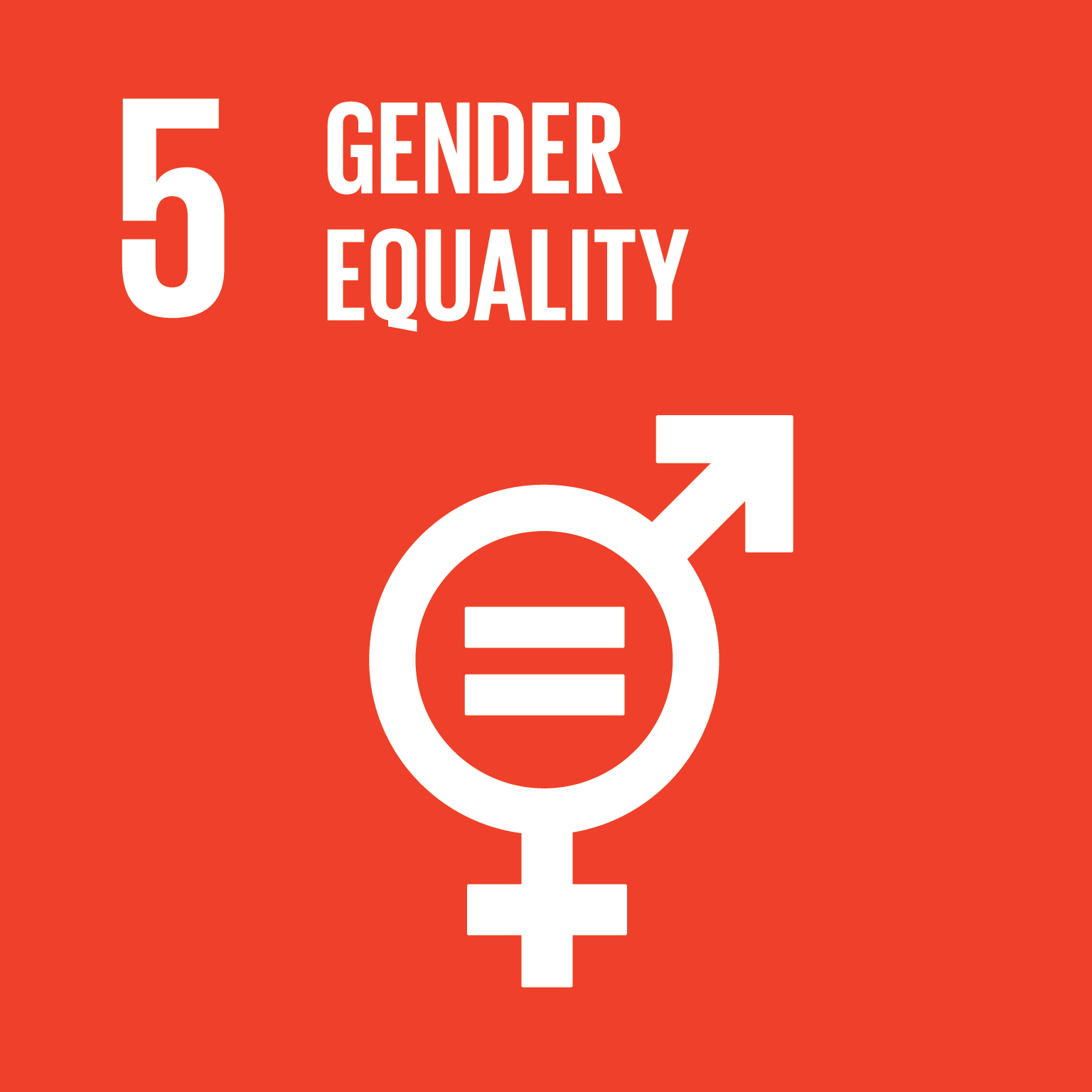 Time Use Survey that Triggered the Creation of the National Care System
Recognizing and valuing women’s work for improved socioeconomic inclusion
Time Use Survey that Triggered the Creation of the National Care System
Recognizing and valuing women’s work for improved socioeconomic inclusion

Challenges
Throughout the world, unpaid responsibilities fall disproportionately upon women and girls, reducing the amount of time available for education, paid work and other activities and pushing females towards more poorly remunerated and often part-time, informal and substantially domestic work as a way of reconciling their home and work lives. The same is true in Cabo Verde.
Valuing women’s unpaid work is a central theme in debates taking place all over the world on sustainable development and women’s empowerment. Stakeholders are increasingly moving toward the recognition of care and guaranteeing equal conditions for the realization of the economic and social rights of all individuals, particularly women.
The situation of unpaid work for women in Cabo Verde is further aggravated by shortcomings in infrastructures and public services and the absence of corporate work-family policies that are geared toward care and social well-being and that affect poor female-headed households most acutely.
Towards a Solution
A Time Use Survey was conducted in Cabo Verde to allow the provision of differentiated support to programmes related to work. The Time Use Survey helped the country to develop and continually improve its capacity to recognize and value women’s unpaid work. Various strategic analyses and dialogues were held on gender equality, social protection policies and family policies.
To that end, using South-South cooperation methods, UN Women supported exchange and knowledge transfer from Uruguay to build the survey. Cabo Verde officials were supported to attend regional events on Time Use in Latin America. Technical missions of Uruguayan experts trained the National Statistics Office and the Ministry of Family and Social Inclusion, while the Cabo Verdean staff of these organizations likewise made field visits to Uruguay to see the project rollout and the impacts of the processes. Other stakeholders involved in the process included academia and non-governmental organizations, who were consulted and participated in knowledge creation and awareness-raising.
The Time Use Survey helped identify the main issues faced by women in terms of time poverty, which led to a more detailed study on home care. On this basis, a public policy, named the Care Plan, was elaborated and budgeted in a participatory manner. The Care Plan led to the institutionalization in 2017 of a National Care System. Thus the Time Use Survey triggered and contributed decisively to the establishment of the National Care System. This new pillar of social protection for the country recognizes and values women’s unpaid work and focuses on the rights of women and care-dependent persons.
To make this system effective, a new professional category of caregivers was created, and professional training centres were capacitated for the organization and the provision of caregiver courses, based on the pro- file designed. The centres have trained a first pool of 86 professional caregivers, also with the support of UN Women. During the COVID-19 pandemic, this first pool was deployed by the Ministry of Family and Social Inclusion, with United Nations financial and technical support.
The National Care System represents a major step and a great achievement in terms of social policies with a gender focus and translates into a significant contribution to the protection and promotion of the rights of care-dependent persons and those who care for them, the majority of whom are women. It is a historic turning point and the first time a country in the West African region has taken this path.
The National Care System improves critical human rights, not only by ensuring the right to care with a priority on three segments of the population in a situation of dependency, these being children, the disabled and elderly persons with special needs but also of ensuring the rights of those who care for them. This makes change possible beyond the public sphere; by re-dimensioning and re-framing this work to operate in the private sphere as well, transformations may be possible in terms of the redistribution of tasks and changes in social norms.
Contact Information
Countries involved
Supported by
Implementing Entities
Project Status
Project Period
URL of the practice
Primary SDG
Secondary SDGs
Similar Solutions
| NAME OF SOLUTION | Countries | SDG | Project Status | |
|---|---|---|---|---|
Accelerator Labs Network Following collective intelligence methods to address emerging sustainability challenges and the growing demand for local solutions |
Cabo Verde, Uruguay | 08 - Decent Work and Economic Growth 13 - Climate Action | Ongoing | View Details |
Accessibility of Financial Services and the Private Sector in Africa Maximizing the impact of financial cooperation on economic development and industrialization in Africa |
Cabo Verde, Uruguay | 08 - Decent Work and Economic Growth | Completed | View Details |
Accessibility ToolKit Promoting accessibility as a cornerstone for inclusive digital development in Bangladesh. |
Cabo Verde, Uruguay | 08 - Decent Work and Economic Growth | Completed | View Details |
ACP Business-friendly Supporting business-friendly and inclusive national and regional policies, and strengthening productive capabilities and value chains |
Cabo Verde, Uruguay | 08 - Decent Work and Economic Growth 17 - Partnerships for the Goals | Ongoing | View Details |
Adaptation for Smallholder Agriculture Programme Establishing better working conditions for smallholder farmers through the use of good practices and new technologies |
Cabo Verde, Uruguay | 08 - Decent Work and Economic Growth 11 - Sustainable Cities and Communities 13 - Climate Action 15 - Life on Land | Ongoing | View Details |